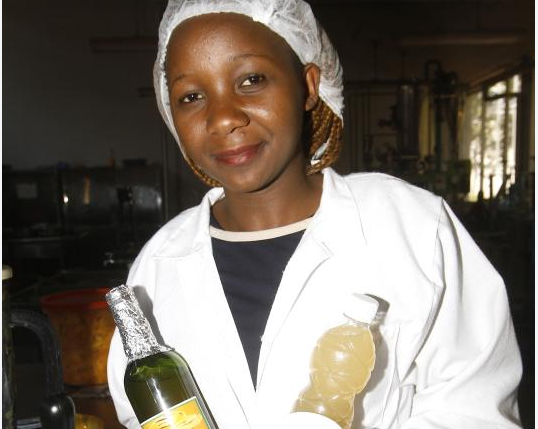×
The Standard e-Paper
Kenya’s Boldest Voice

Sometime in 2015 when excitement brewed around pepino melons, David Wamatu seized the opportunity and was among the earliest cultivators of the fruit that was new among Kenyan farmers.
The fruit, said to have originated from South Africa was hyped as a wonder fruit mostly for its nutritional and medicinal qualities.